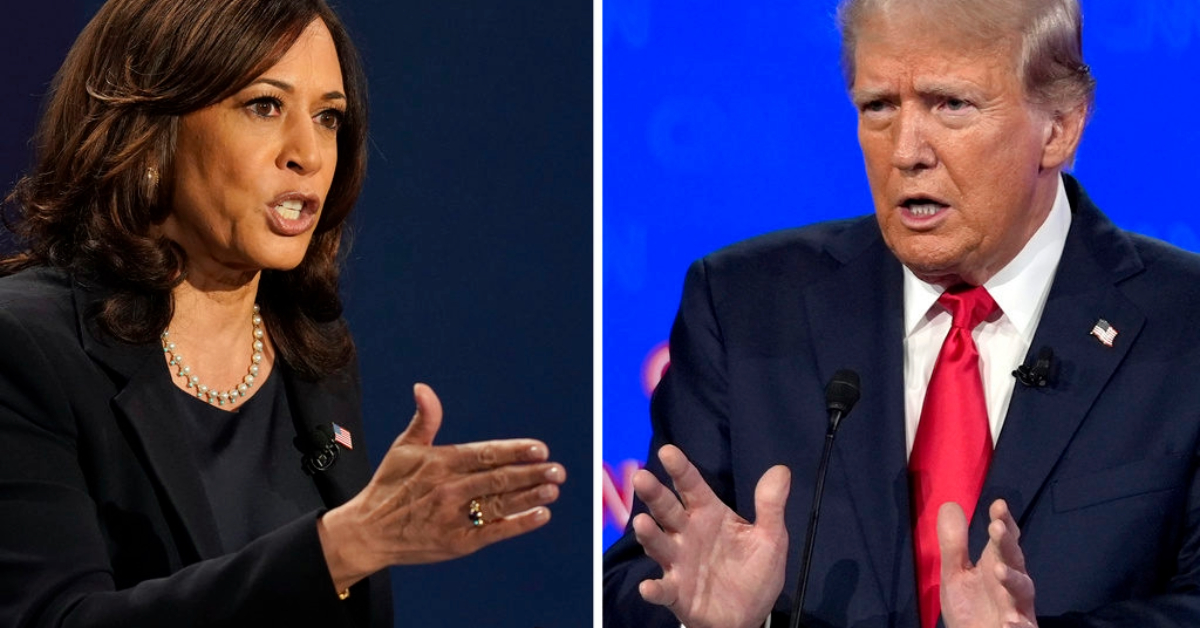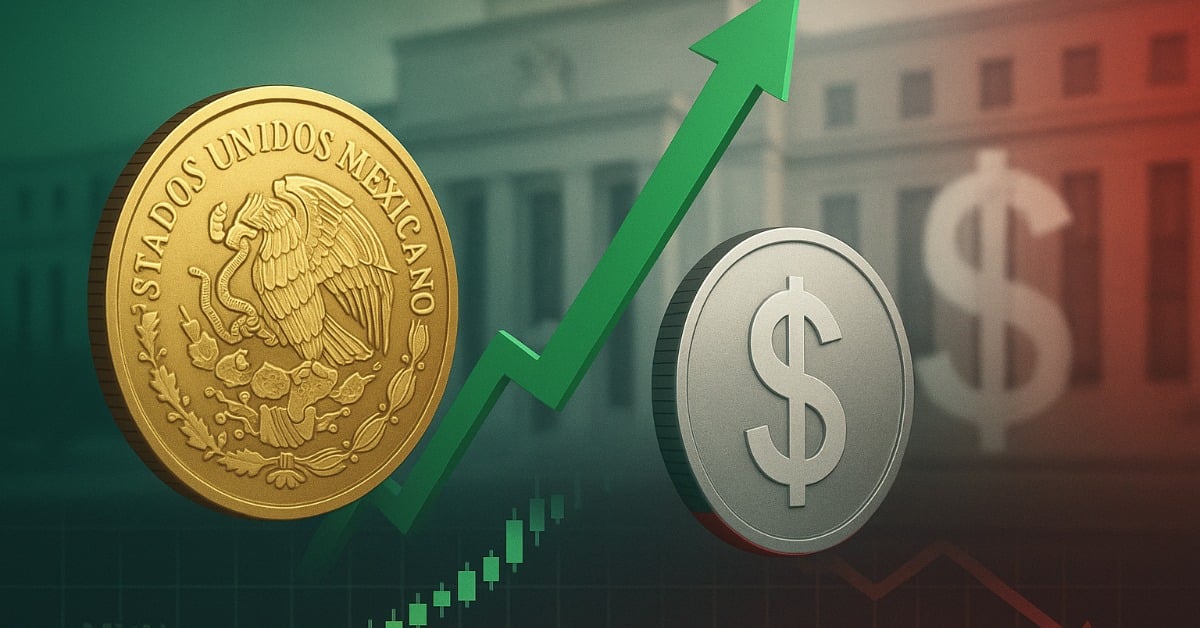JPMorgan Chase & Co. has revised its long-standing optimistic outlook on the Mexican peso, downgrading the currency from “overweight” to “market weight” as the U.S. approaches a potentially tumultuous presidential election. With candidates Kamala Harris and Donald Trump set to face off, the bank urges traders to approach with caution amid the "highly unpredictable" electoral environment, noting potential implications for U.S.-Mexico trade relations and overall economic stability.






